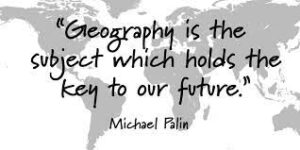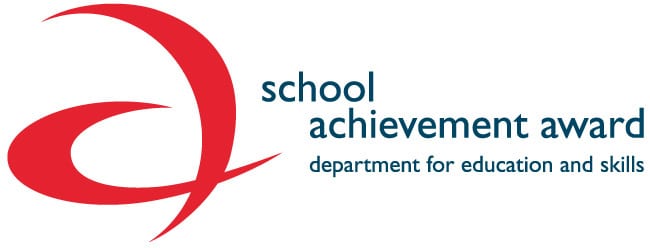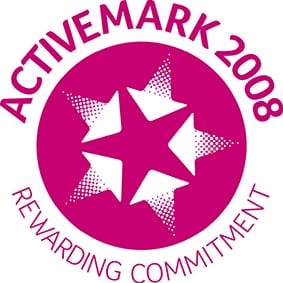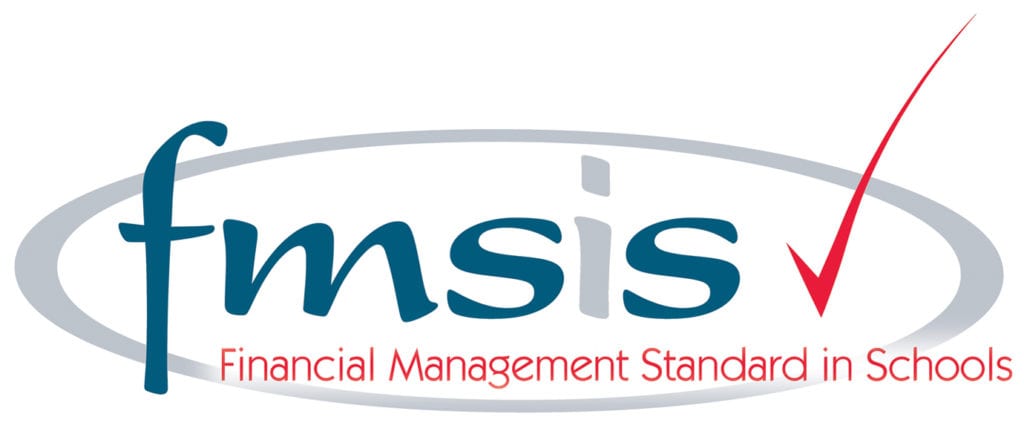
Intent
At Horndale County Infant and Nursery School, we believe that Geography helps to inspire a curiosity and fascination about the world and its people. Our pupils are encouraged to develop a greater interest, understanding and knowledge of their locality, the wider world but most importantly their individual place in it.
It is our intent that pupils will develop an understanding of the place they live and their wider community before moving on to understand more about the wider world, comparing locations, investigating, observing and studying human and physical features.
Implementation
At Horndale our Geography long and medium term plans ensure that there is progression throughout the school and that children are building upon knowledge learnt in previous years. The topics are designed so that pupils develop knowledge and understanding of the local area, developing mapping skills, identifying human and physical features, while being able to compare similarities and differences. Key geographical vocabulary is introduced at the earliest age and is revisited, repeated, consolidated, embedded and developed as our children move through the school.
We recognise that within classes, there is a wide variety of abilities and so we provide suitable learning opportunities that are matched to the needs of all children. This is done through providing support, differentiating activities and using a range of teaching and learning styles within lessons.
Enquiry questions are at the heart of Geography at all key stages from Early Years Foundation Stage to Key Stage 1. They enable pupils to build on previous learning and deepen and broaden their understanding through increasingly complex themes.
Where possible, teaching will be supplemented with walks, visits and trips to local areas.
Geography in the Early Years
It may seem a little strange to think about 3 and 4 year olds as geographers, however, the years from birth to age five provide a first opportunity to see how children interact with their environment and how the environment influences them. In the Early Years Foundation Stage at Horndale we aim to guide children to make sense of their physical world and their community by exploring, observing, and finding out about people, places and the environment.
Children explore these ideas through questions such as: What are the features of my home? What are the features of my school? What are the features of the local area? What jobs do people do in the local area? What happens in different seasons?
A wide range of excellent opportunities for Geography foundation work in Nursery and Reception is successfully built on at Key Stage 1.
Within Geography lessons KS1 children will:
In Year 1 children will develop their geographical vocabulary by learning more about where they live through the topic, Me and My School. This will then be developed to learn more about, My Home, My Town – the town of Newton Aycliffe. Then extending to My County, My City – Durham.
In Year 2 children move onto learning about the wider world, My Country, My World. Labelling the countries and the surrounding seas, identifying land marks before moving onto learning about different continents and oceans, focussing on the Arctic and Safari, comparing and contrasting the UK with non- European countries.
Throughout the topics, children will use ICT, world maps, atlases and globes, simple compass directions, aerial photographs and plans, as well as simple fieldwork and observational skills.
Curriculum enrichment
Children will have many opportunities to investigate and explore through curriculum enrichment experiences, starting with the school grounds and buildings, moving on to the local area, to look at human and physical features but also observe changes throughout the four seasons. Visiting areas of interest in Newton Aycliffe before visiting Durham, farm trips, local Churches, Beamish and other significant places in the County, which will all enhance their geographical knowledge.
Impact
As a result of this Geography curriculum, our pupils will:
- understand the world by: comparing locations; investigating; researching different sources; writing and talking about places; asking and answering questions.
- be inspired, curious and fascinated about the world and its people
- develop knowledge of the location of significant places, including their defining physical and human characteristics
- become competent in the geographical skills needed to collect, analyse and communicate with a range of data and interpret a range of sources of geographical information including maps, diagrams, globes and aerial photos
Geography Whole School Long Term Plan (Last revised July 2022)








